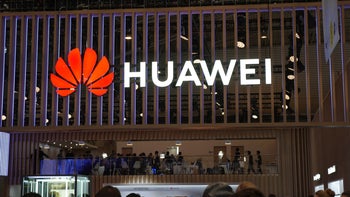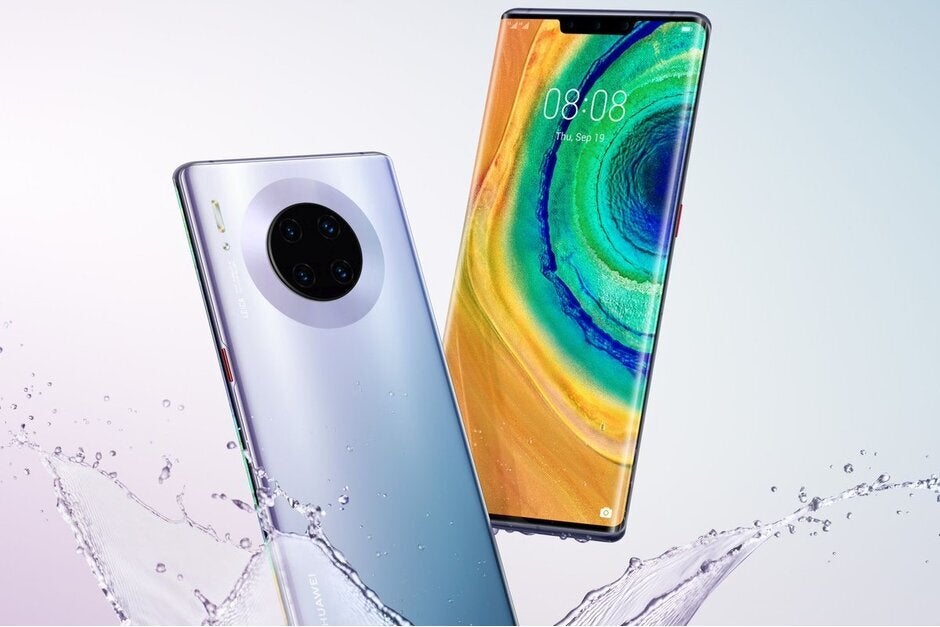Huawei, ZTE ask the FCC not to label them national security threats

Ever since 2012, the U.S. has considered Huawei to be a national security threat because of its close ties to the communist Chinese government. A law in the country could force Huawei to gather intelligence on behalf of President Xi Jinping's administration. As a result, U.S. lawmakers have bought into the theory that Huawei's phones and networking equipment contain backdoors that send this private information to Beijing. Huawei has said that it would refuse to kowtow to the government and has repeatedly denied the existence of any backdoors in its products.
Those getting picked on by a stronger, more powerful bully eventually know when enough is enough. According to Reuters, Huawei is asking that bully (aka the FCC) to stop calling it names (more precisely, a national security threat). Back in November, the FCC voted unanimously by a 5-0 count to initially place the national security threat label on both Huawei and fellow Chinese manufacturer ZTE. Giving the two companies this label prevents the pair from selling their networking equipment to rural U.S. carriers that tap into the $8.5 billion Universal Service Fund (USF). This fund is used to buy equipment and services to make sure that rural Americans have access to the internet; the money is collected by the carriers who add it to their customers' monthly invoices. The fund is managed by the FCC. Huawei previously said that it would take the FCC to court to challenge the USF ban.
Huawei says that the U.S. is trying to "impugn its reputation here and around the world"
In a 200-page filing submitted yesterday by the company, Huawei said that the FCC's action was "designed to implement a campaign by certain government officials, including members of Congress, to single out Huawei for burdensome and stigmatizing restrictions, put it out of business in the United States, and impugn its reputation here and around the world." The manufacturer is currently banned from accessing a U.S. supply chain that it spent $11 billion on in 2018 because of its inclusion on the Commerce Department's entity list. The firm was put on the list in the middle of last May for security reasons. The ban prevents Huawei from licensing the Google Mobile Services version of Android and as a result, from last fall's Mate 30 series forward, Huawei has had to use an open-source version of Android. In addition, these devices are not allowed to use Google's core Android apps like Search, Maps, the Play Store, Drive, Gmail, and others. This hasn't affected domestic sales of the manufacturer's phones since most Google apps are banned inside China anyway. But it has had an impact on global sales.

The Huawei Mate 30 Pro was the manufacturer's first flagship not allowed to use Google's Android apps
Despite the hardships it faced in 2019, Huawei still managed to deliver 238.5 million handsets worldwide. This allowed it to finish second in the charts after Samsung but ahead of Apple. With the upcoming Huawei P40 series, the company is introducing Huawei Mobile Services which includes its AppGallery app storefront. Last week, Huawei Country Manager Fred Wangfei said that even if it were allowed to use Google apps on its phones again, the manufacturer would not do so. That comment was walked back quickly by the company.
ZTE, which also was banned from accessing its U.S. supply chain during the spring of 2018, submitted its own letter to the FCC yesterday in which it wrote that the agency should "take additional time to assess ZTE’s enhancements in the area of U.S. export control and economic sanctions compliance and security controls in ZTE products." The manufacturer added it has "spent hundreds of millions of dollars to implement a compliance program relating to U.S. export control compliance regulations."
While the Trump administration has been tough on Huawei, it is interesting to note that the president personally got involved in the ZTE situation and demanded that a settlement be reached, which it was. There are several theories as to why Trump treated both companies so differently, but this is not the forum for that discussion.
The FCC has turned the responsibility to make a final determination about Huawei and ZTE's status in the states to its Public Safety and Homeland Security Bureau. Considering how Huawei has been treated by the U.S. since 2012, it would be a shock if the pair were not officially designated national security threats.













Things that are NOT allowed: